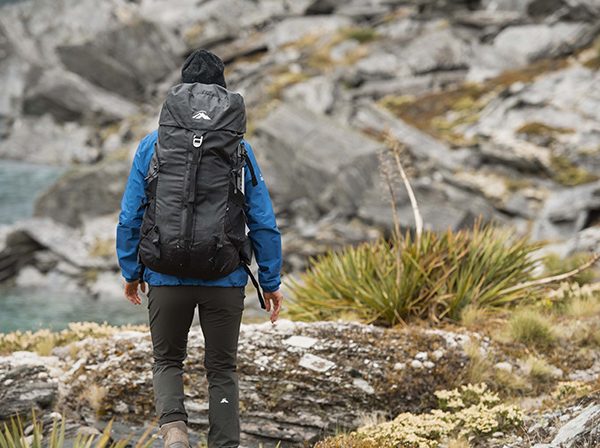Title: Sustainable Hiking Backpacks: Eco-Friendly Options for Conscious Adventurers
Introduction:
As outdoor enthusiasts embrace the call for sustainability, there’s a growing demand for eco-friendly gear that minimizes environmental impact without compromising performance. Sustainable hiking backpacks offer conscious adventurers a responsible choice for carrying their essentials while treading lightly on the planet. From innovative materials to ethical manufacturing practices, these backpacks combine functionality with environmental responsibility. Let’s explore the features and benefits of sustainable hiking backpacks.
Recycled Materials:
Many sustainable hiking backpacks are crafted from recycled materials, reducing the need for virgin resources and diverting waste from landfills. Backpacks made from recycled polyester, nylon, or other synthetic fibers offer durability and performance while minimizing environmental impact. Some brands even incorporate recycled materials into every component of their backpacks, from the fabric to the zippers and buckles, ensuring a fully sustainable product.
Plant-Based Fabrics:
Another eco-friendly option for hiking backpacks is the use of plant-based fabrics such as organic cotton, hemp, or Tencel®. These materials are renewable, biodegradable, and require fewer chemicals and pesticides in their production compared to conventional fabrics. Plant-based fabrics offer breathability, moisture-wicking properties, and durability, making them ideal for outdoor adventures while reducing reliance on fossil fuels.
Minimalist Design and Lightweight Construction:
Sustainable hiking backpacks often feature minimalist designs and lightweight construction to reduce material usage and energy consumption. Streamlined silhouettes, strategic compartmentalization, and efficient packing systems maximize functionality while minimizing unnecessary bulk and weight. Lightweight backpacks are not only more comfortable to carry over long distances but also require less energy to produce and transport, further reducing their environmental footprint.
Ethical Manufacturing Practices:
Conscious adventurers prioritize hiking backpacks produced under ethical manufacturing practices that prioritize worker welfare, fair wages, and safe working conditions. Certifications such as Fair Trade or SA8000 ensure compliance with labor standards and social responsibility throughout the supply chain. Additionally, some brands prioritize local production to reduce transportation-related emissions and support local economies.
Durability and Repairability:
Sustainable hiking backpacks are designed to be durable and long-lasting, reducing the need for frequent replacements and minimizing waste. High-quality materials, reinforced stitching, and durable hardware ensure that backpacks withstand the rigors of outdoor adventures and everyday use. Many brands also offer repair programs or provide replacement parts to extend the lifespan of their products, promoting a culture of reuse and repair.
Conclusion:
Sustainable hiking backpacks offer conscious adventurers a responsible choice for carrying their gear while minimizing environmental impact. By prioritizing recycled materials, plant-based fabrics, minimalist design, ethical manufacturing practices, and durability, these backpacks embody the principles of eco-conscious outdoor gear. Whether you’re embarking on a day hike or a multi-day trek, choosing a sustainable hiking backpack allows you to explore nature with confidence, knowing that you’re making a positive impact on the planet.


